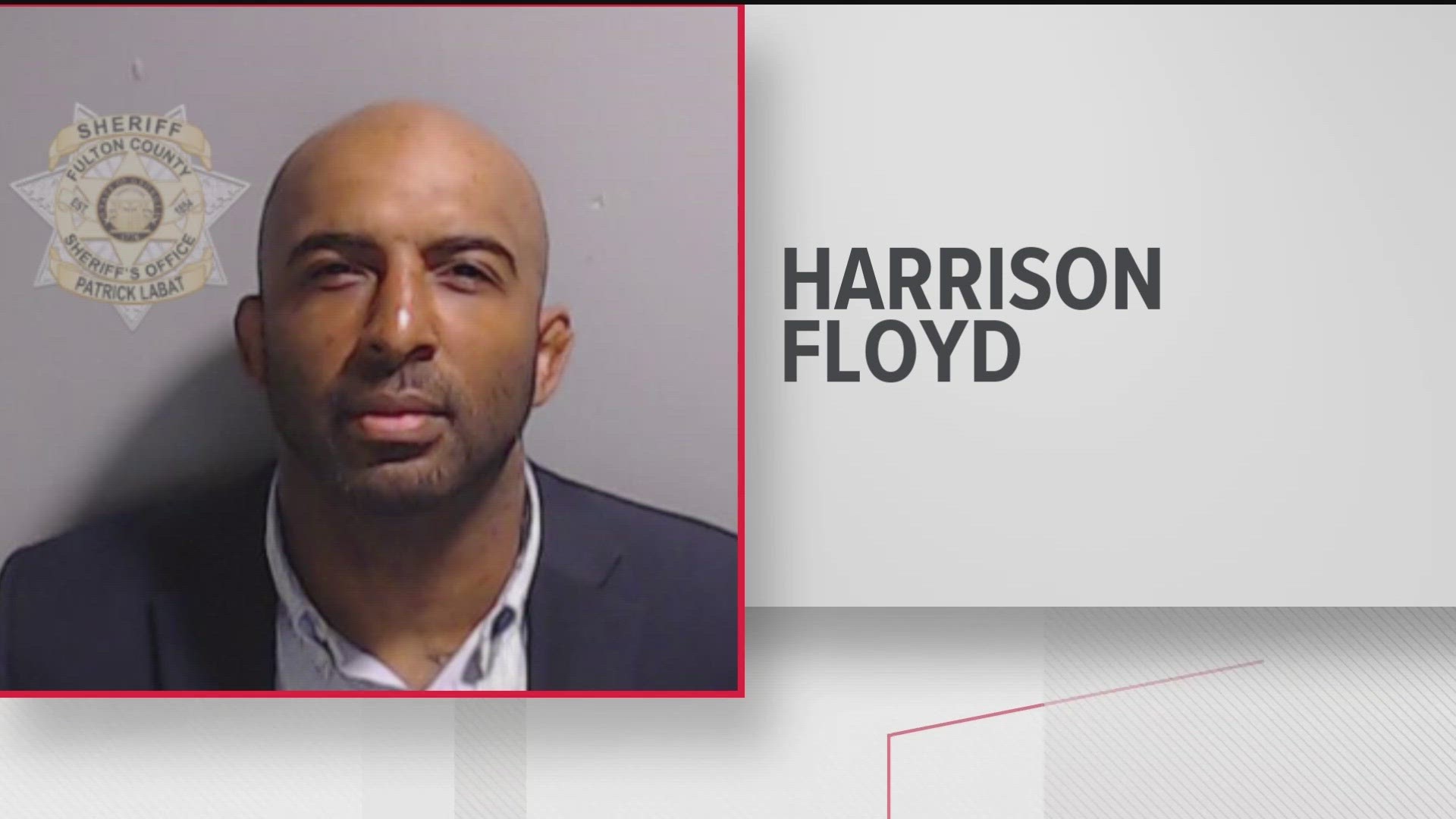ATLANTA — It’s early, but history shows us there’s a likelihood that at least some of the 19 defendants in the Fulton County case against former president Donald Trump will flip.
No criminal case in history has ever included a former United States president as a defendant. But in other respects, the Fulton County case could mirror previous racketeering cases.
Earlier this year, Fulton County prosecutors started jury selection in the YSL racketeering case against rapper Young Thug and other co-defendants. And in a flurry of backstage activity days earlier, eight of the defendants made deals with the state to avoid additional prison time.
Nine years ago, Fulton prosecutors produced a racketeering indictment against 35 school teachers in a cheating scandal. More than half of them made plea deals – and many of them became witnesses against the remaining defendants.
Now Fulton County is pursuing another racketeering case with Donald Trump as the headline defendant – a case ripe for another plea deal because RICO carries a mandatory five-year prison sentence, former prosecutor Clint Rucker explained.
"And for people who’ve never been charged with a crime before, that can be really frightening," Rucker told 11Alive.
As a prosecutor, Rucker helped lead the team that got 21 defendants in the 2013 schoolteacher case to flip.
Rucker said defendants frequently start with a defiant and indignant posture which eventually shifts.
"My legal team and I will vigorously contest every count of the indictment in which I’ve been named,” said Trump co-defendant John Eastman last week after surrendering at the Fulton County Jail.
"What we see now is the righteous indignation," Rucker said, predicting some of it will shift "to the reality of OK. What am I gonna do about it now?"
The 19 defendants in the election fraud case are mostly professionals, with no criminal history.
"There’ll come a day when they’ll look in the mirror and I think you will get some folks who will say 'I will choose my family and myself over the loyalty and I’m going to make this tough decision to take a plea deal."' Rucker said.
Rucker explained months could pass before any plea deals are reached. Sometimes it takes jury selection to start, he said, before defendants really start looking for a way out.

